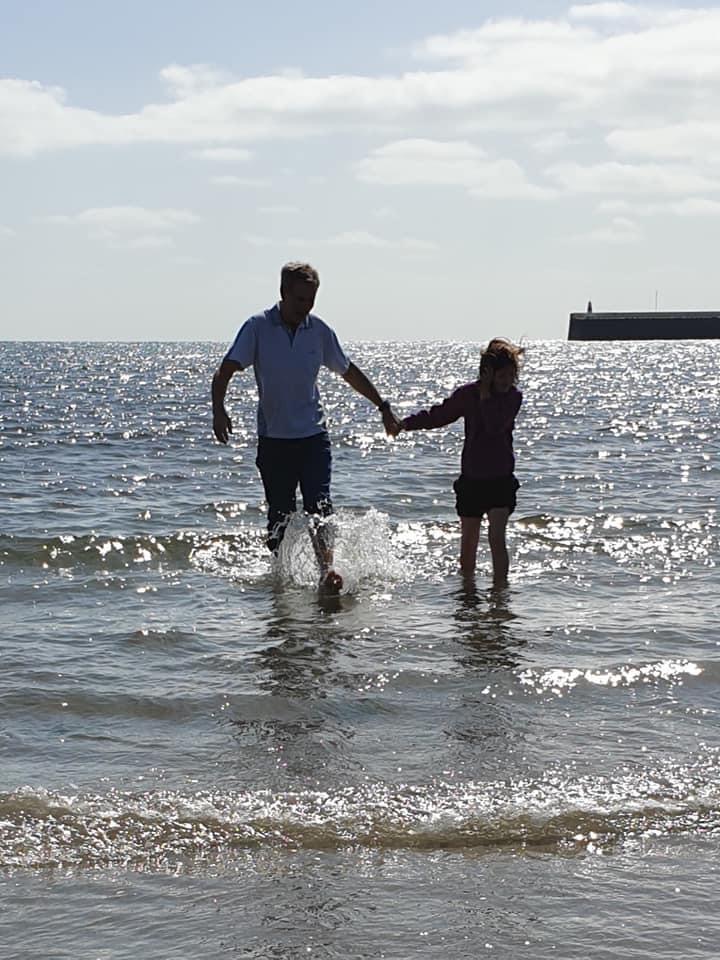When Your Teen Starts Falling Apart (And What Might Really Be Going On
If you’re a parent who’s at the end of their tether right now — wondering where your sweet child went and how this angry, confused, distant teenager showed up in their place — this is for you.
I’ve sat with children who’ve carried more than most adults I know. I’ve looked into the eyes of teens who aren’t acting out for the sake of drama, but because they don’t know how to say, “I’m lost.”
What if I told you that some of the biggest emotional breakdowns I’ve seen in teenagers were never really about now?
They were about then.
The boy who was three when his mum was taken away by police, left with a father who was an alcoholic. No one sat with him and explained what happened. He just grew up carrying that fear in his little body, learning not to trust anyone. By the time he hit twelve, he couldn’t take rules or teachers or any kind of authority. He wasn’t being difficult. He was scared.
Or the dyslexic boy who’d been called lazy so many times he started to believe it. No one caught it early. No one adapted their approach. He didn’t even know he had a learning challenge — all he knew was that he was failing and it wasn’t fair. He snapped one day and threw a chair. That was the moment the school finally paid attention. But how long had he been waving the white flag before that?
And then there was the girl who grew up a stone’s throw from the sea and had never set foot on the beach. Her mum was struggling with addiction. Her older sisters raised her. She learned early not to ask for anything. Not to expect comfort. She was the quiet one — polite, invisible — until one day she wasn’t. And by then, her silence had become a wall that was hard to climb over.
These are the kinds of losses we don’t always name as losses.
Children don’t always grieve just because someone dies. They grieve what they never had. The safety they lost. The love they felt was taken away. The normality they watched slip through their fingers.
Sometimes, that grief lies dormant until the teenage years — when they start seeing the world differently. When they question more. When they try to make sense of who they are, where they came from, and why they feel so… unsettled.
And if we, as adults, don’t recognise that deeper pain underneath the outbursts, the shutdowns, the messy emotional waves — we miss the chance to help them heal. Lets face it, most adults don’t know this!
So if your teen is struggling right now, please know this: it might not just be hormones. It might not just be “a phase.” It might be a story that’s never been spoken. Hormones just heighten things!
Tips For You To Action
Bring back eating around the table with no phones! It might sound impossible, but it works! Even if my partner picks up his phone, they tell him off! It is such a special time to find out what is going on in each others day. Do not use this as an opportunity to interrogate them, but ask questions like, what was the best thing that has happened to you today?
Talk to them by sharing some of your own stories, or perhaps prior memories “do you remember when…” even if they resist it at first, be patient and allow them space to open up. Ask questions about them such as “what is your favourite band at the moment? . Be available if they ask if they can talk to you. Make that time, and if you are busy in the middle of some important email (although I would challenge that) say can I come and see you in five minutes AND MAKE SURE YOU DO. It is important for children that are feeling insecure to trust you and that you mean what you say!
If you just don’t know what to say and you know your teen is troubled, just say: I’m here. I see you. You matter. Is it ok if I just sit with you a while? Do not get on your phone, but suggest a walk perhaps with your dog, observe your setting, after all the best place to distract is in nature or by the sea. Perhaps take them fishing or if that doesn’t work, try paining or drawing, jigsaws with them.
The best ways to get your child to talk is with distractions. You are distracting their conscious mind, which allows the unconscious mind to bring up any issues. The child feels safe to do so.
At the heart of everything, that’s what they want. To be seen. To be heard. To feel safe. To not have to carry it all alone.
If you need support having these conversations — or understanding what might be going on beneath the surface — this is exactly the kind of work I’ve dedicated myself to. I’m here, read when you are.
With love,
Di
The Good Grief Coach

